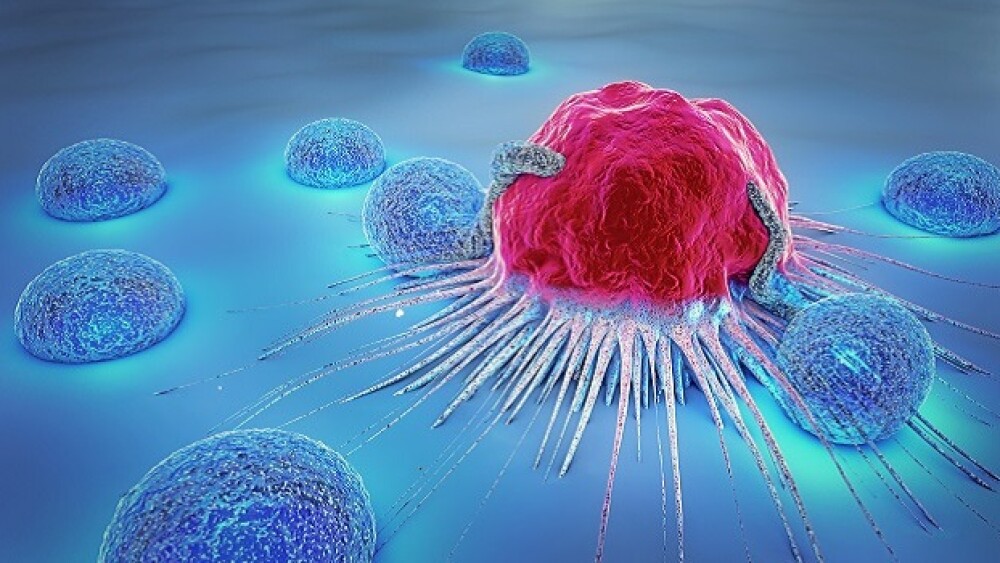Luye Pharma Group Ltd., announced today it is expanding its relationship with U.S. biotech firm Elpis Biopharmaceuticals Corp., to work on dual-target based therapies for cancer patients who fail to respond to current treatment.
Shanghai-based Luye Pharma Group Ltd., announced today it is expanding its relationship with U.S. biotech firm Elpis Biopharmaceuticals Corp., to work on dual-target based therapies for cancer patients who fail to respond to current treatment. The agreement is a continuation of the work Luye and Elpis began last year to jointly develop chimeric antigen receptor T-cell (CAR-T) therapies and biologic drug candidates in immuno-oncology.
Activating T-cells through tumor-specific targeting has proved to be a powerful therapy to treat cancer in recent years. However, more than half of these cancer patients fail to react well to immune checkpoint inhibitors, which are designed to block certain proteins and enable T-cells to kill cancer cells more effectively.
Although currently approved CAR-T targeting to single-target tumor-specific antigens has a high response rate in hematological cancer treatment, not all patients respond well. Some also develop acquired resistance. By working together, Luye and Elpis hope to increase the effective response rate and overcome drug resistance in treating cancer patients by developing dual-target based therapies.
“This is a global collaboration,” said Sammy Jiang, Luye vice president of strategy and business development. “Luye will be in charge of the development and commercialization of the co-developed products in China and will have the exclusive rights in the Chinese market. Elpis will be responsible for the same overseas and have the exclusive rights in those markets.”
Luye, which achieved a total sales revenue of RMB 3.82 billion in 2017, will share the profits of the products co-developed for markets outside China.
The first CAR-T therapy the companies developed is dual-target, which is technically more challenging to develop and can apply to broader disease areas compared with single-target CAR-T therapies.
Besides dual-target CAR-T therapies, the partnership will also focus on developing innovative therapeutic antibodies to treat hematopoietic malignancies and solid tumors. That project is currently in the proof-of-concept stage with animal trials expected to be complete by the end of 2018.
The two companies plan to build a long-term strategic partnership, working to discover and develop drug candidates, such as antibodies and CAR-T therapies through the technologies developed by Boston-based Elpis.
“Elpis has developed a unique discovery platform to rapidly screen and develop fully human therapeutic antibodies,” said Luye Senior Director of Discovery Biology Kehao Zhao. “Their immuno-oncology expertise, particularly in CAR-T therapeutics and antibody discovery technology, led to this collaboration in developing novel immuno-oncology drug candidates.”
Luye says it is also exploring the possibility of striking similar deals with other European companies that develop CAR-T therapies.
Currently, Luye has R&D centers in China, the U.S. and Europe. It has five R&D platforms for long-acting and extended-release technology, liposome and targeted drug delivery, transdermal drug delivery systems, new compounds and biological antibody technology.





